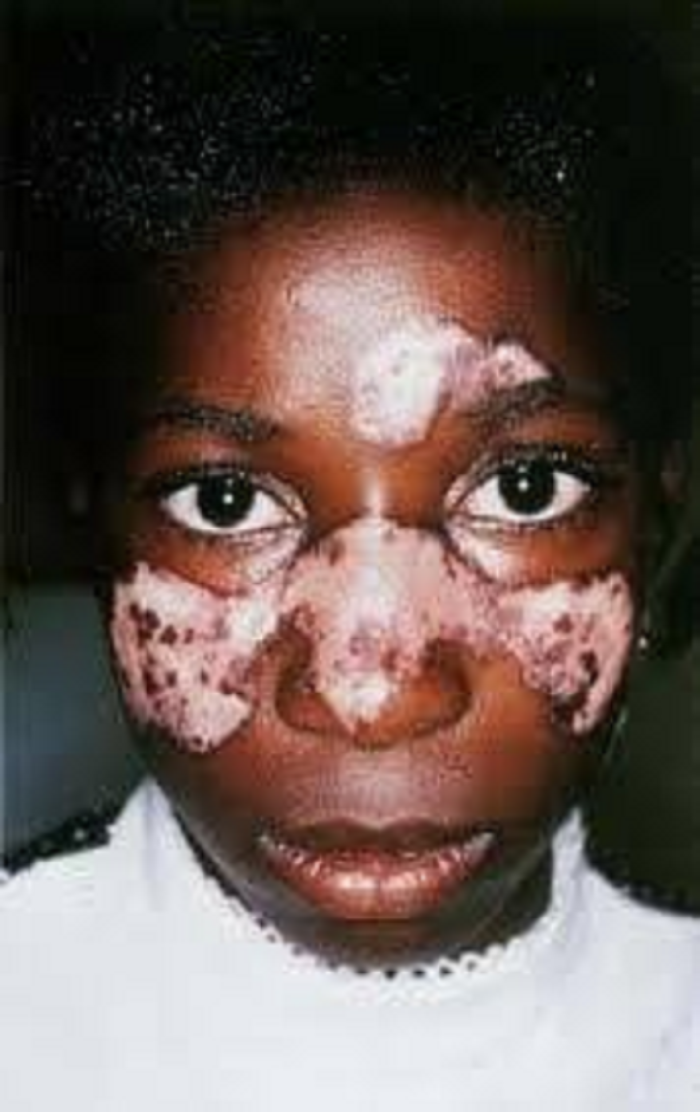
NGO intensifies awareness of lupus disease
The Rheumatology Initiative (TRI), a non-governmental organisation, has intensified its campaign to raise awareness of auto-immune diseases in Ghana, particularly lupus.
Lupus is an auto-immune disease that causes the immune system to attack the body’s organs which, in severe cases, leads to organ damage.
The disease, which mostly affects women of childbearing age, is said to be the brain behind all kidney problems.
Symptoms include inflammation, swelling, and dmanage to joints, skin, kidneys, blood, the heart and lungs. Most people with lupus usually develop the disease between the ages of 15 and 44 and over 90 per cent of people with lupus are women in their most productive ages.
Lupus can affect any part of the body at any time, often with unpredictable and life-changing results.
The mortality rate of patients with systemic lupus erythematosus (SLE) is 67 per cent higher than that of adults with SLE.
The causes of lupus are largely unknown and it has no cure.
Ghana situation
Unfortunately in Ghana, awareness creation for autoimmune diseases such as lupus has been low with many people having little or no knowledge of it.
Many lupus patients report that the disease has a debilitating impact on their physical and emotional health, often leading to depression, stress and anxiety.
According to the Founder of TRI, Dr Dzifa Dey, “It is difficult for families to understand why a woman with lupus is unable to do the things she is expected to do. It can also be difficult for a young, unmarried woman to tell people that she has lupus because it may affect her chances of getting married.”
She explained that due to the invisible nature of lupus, many people tend to trivialise the pain of sufferers.
“‘But you don’t look sick’ or ‘it must be something spiritual’ are the typical responses that many of our diagnosed patients have to contend with on a regular basis,” Dr Dey said at a ceremony in Accra to mark this year’s Lupus Awareness Day.
Treatment
Access to effective treatment is known to keenly improve survival. Unfortunately, for a significant proportion of patients in developing countries such as Ghana, there is limited access to these life-saving medications mainly due to financial constraints which limit the treatment benefits that can be offered.
Since the 1970s, due to new treatment modalities, five-year survival rates of SLE improved from less than 50 per cent to over 95 per cent currently in most developed countries.
In Ghana, unfortunately up to 43 per cent of admitted patients died in the last five years.
Dr Dey said lupus could be managed with medication and lifestyle changes when diagnosed early, adding that: “Early diagnosis can only be achieved when more people are aware of it.”
“Lupus must not continue to go unnoticed. It should not be the silent killer that no one talks about,” he said.
